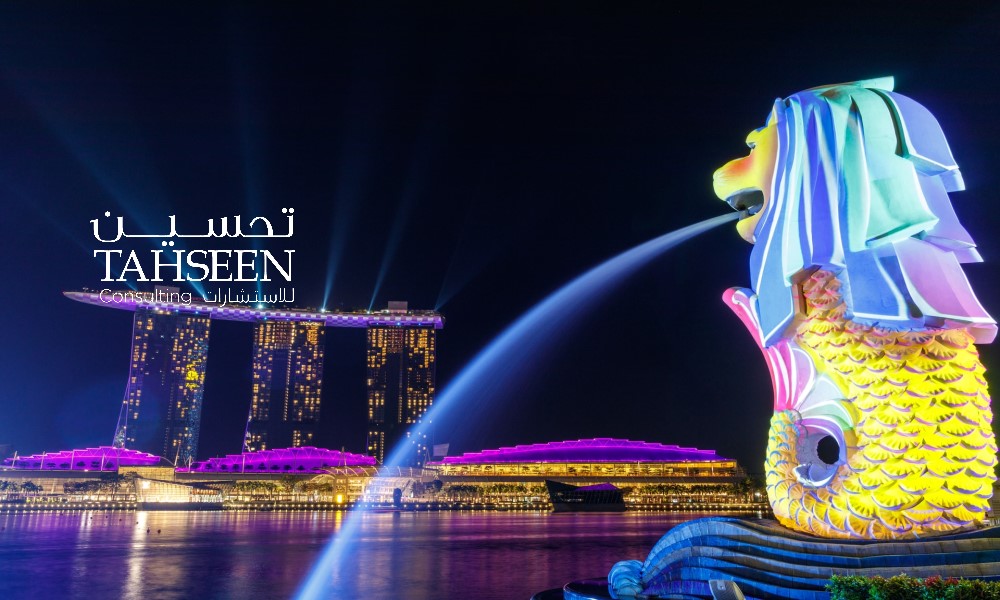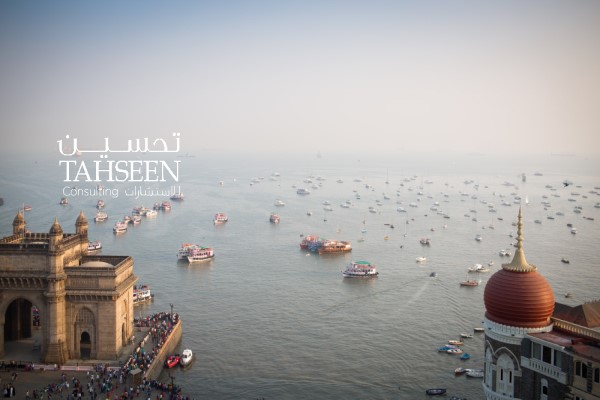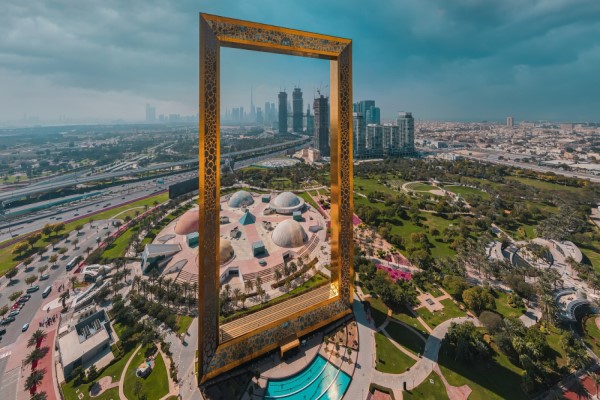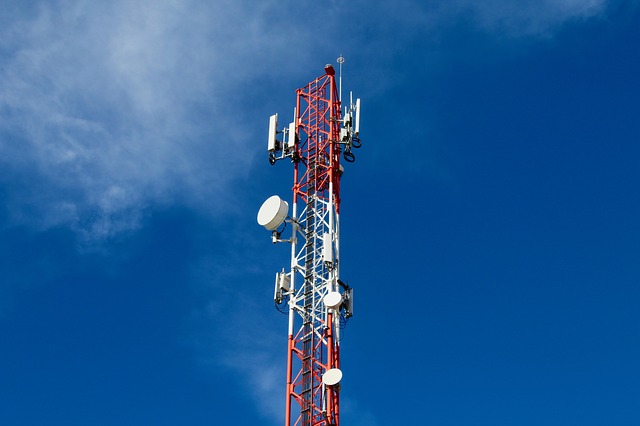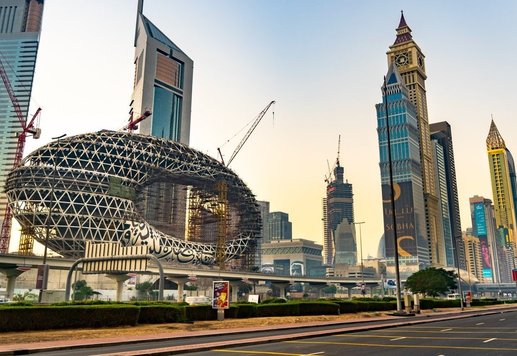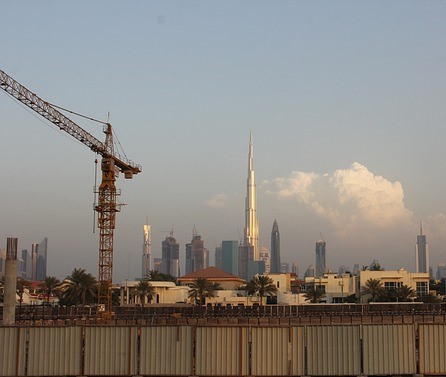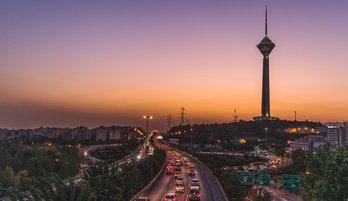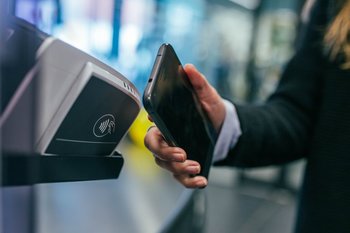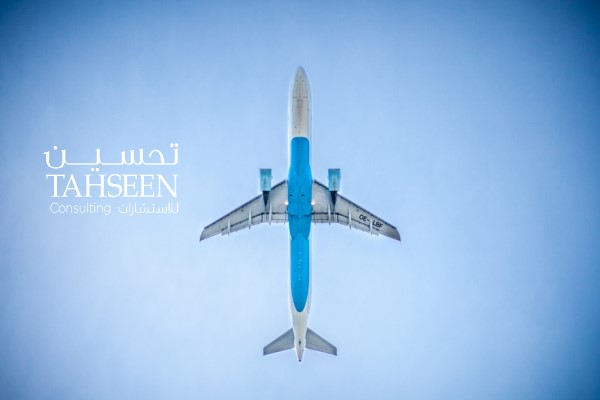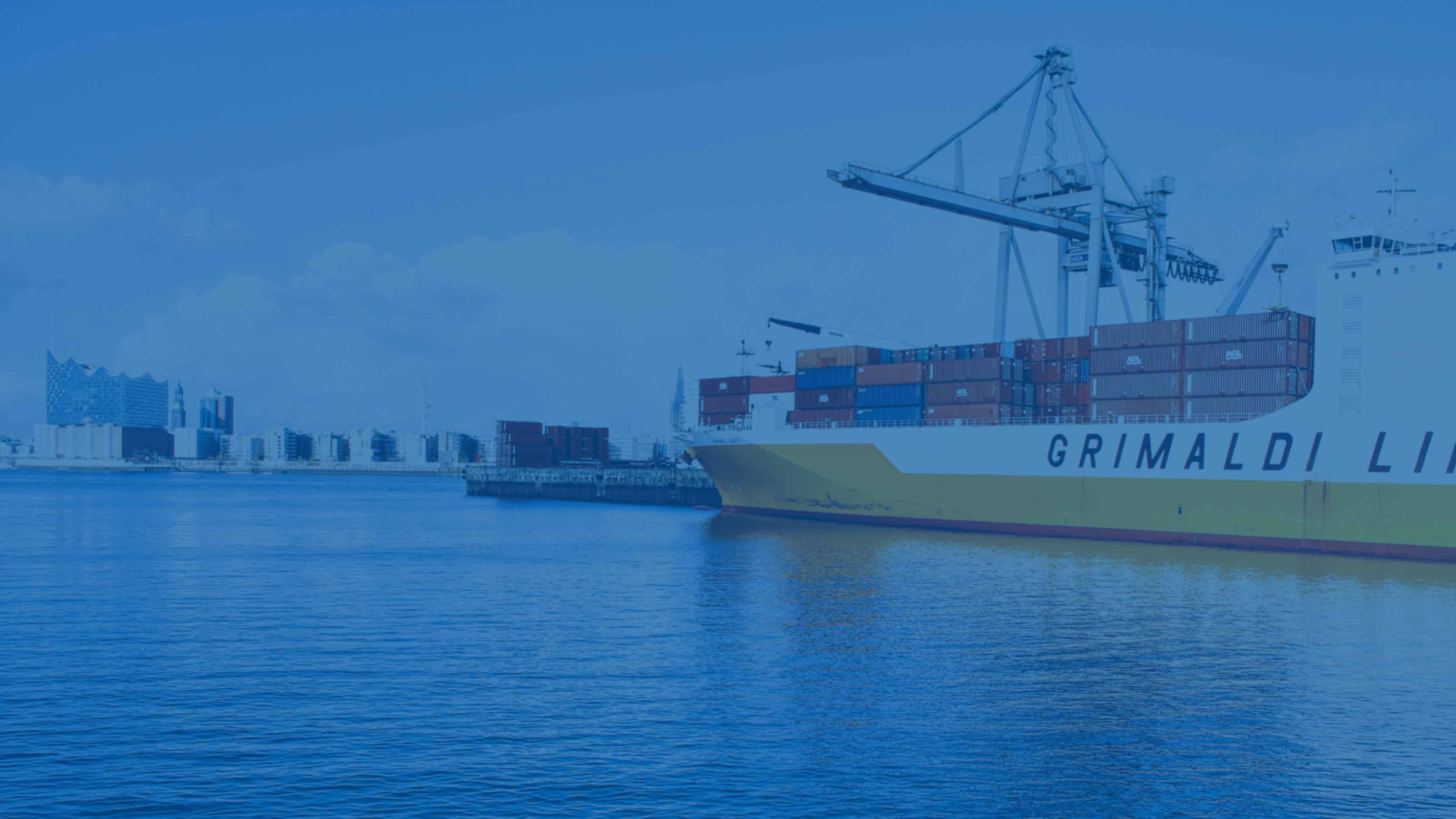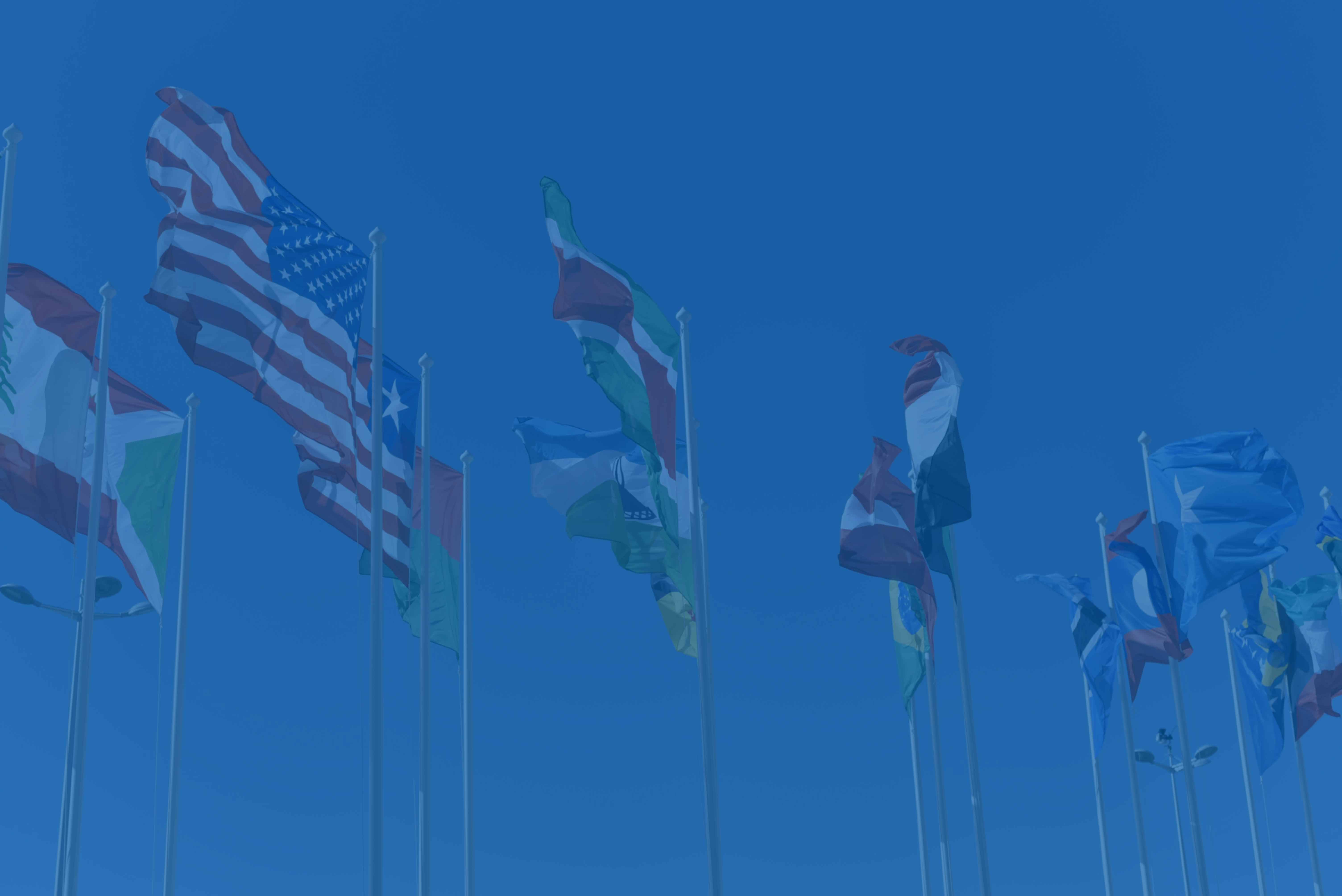Using competition and collaboration both Dubai and Singapore have established themselves as tech hubs
- Southeast Asian tech migration to GCC began in 2013
- Now more than 20 SEA startups have expanded to the GCC
With fast-growing technology ecosystems and sizable tech-savvy youth populations, the Gulf Cooperation Council (GCC) countries and Southeast Asia (SEA) are at similar stages of digital economy development. For this reason, startups in the two regions are tackling many of the same problems in sectors like fintech, governments are pursuing equally ambitious digital economy development strategies, and regulators are struggling with similar policy challenges - like data privacy, content policy, and how to regulate Web3. These similarities between the ecosystems are leading to more investment and expansion between the GCC and SEA.
Startups in the two regions are tackling many of the same problems in sectors like fintech
Tech and startup ecosystem convergence has also been accelerated by a legacy of coinvestment in late-stage startups by GCC sovereign wealth funds – like Abu Dhabi Investment Authority, Qatar Investment Authority, and the Public Investment Fund – and Southeast Asian state funds – like Temasek and GIC – and GCC contributions to emerging Southeast Asian funds like the United Arab Emirates’ (UAE) $10B commitment to the Indonesia Investment Authority. Bilateral trade and investment agreements, like the recently signed Philippines - UAE Investment Promotion and Protection Agreement, and bilateral forums, like the Abu Dhabi-Singapore Joint Forum, are also reinforcing growing interconnectivity.
From a Trickle to a Trend: Dubai’s Emerging Appeal to Southeast Asian Startups
The emerging GCC-SEA relationship is not all FTAs, MoUs, deal toys, and unicorns, however. The Southeast Asian startup GCC expansion wave began in 2013, grew to a trickle in 2018, became a trend since 2020, and is now entering a new phase of competition and cooperation. There is a notably increased level of coopetition that has emerged in 2022 between the UAE and Singapore in emerging tech sectors, like Web3, which is attracting Singaporean startups to redomicile in the UAE as well as luring tech startups which would have ordinarily formed Singapore-based holding companies to domicile in Dubai. This complex new relationship status is unfolding as ecosystem convergence is leading to an increasing number of Southeast Asian startups to consider GCC expansion via the UAE.
Since 2013, when Wego’s expanded to Dubai, more than 20 Southeast Asian startups have followed them in expanding to the GCC with 75% expanding in the last 2 years. Dubai is the regional entry point of 95% of the Southeast Asian startups, and 90% of the Southeast Asian startups making the move were founded in Singapore. With Dubai and Singapore sharing similar strengths in financial services, 58% of the Southeast Asian startups which expanded to the GCC are in the fintech sector, and the remaining are split between logistics, ecommerce, agtech, and edtech. Only 32% of the Southeast Asian startups that have expanded have funding from a GCC investor.
All but one of the 15 GCC startups which have expanded to Southeast Asia or plan to do so were founded in the UAE
There is also a growing number of GCC startups expanding to Southeast Asia. Some 15 GCC tech startups have expanded to Southeast Asia or have stated an intention to do so. More than half of these expansions or announced plans have occurred in 2022 with Indonesia, Malaysia, Philippines, and Singapore the most frequent landing points. All but one of the 15 GCC startups which have expanded to Southeast Asia or plan to do so were founded in the UAE, and only 1 received funding from a Southeast Asian investor.
Balancing Competition and Cooperation
Both Singapore and the UAE have followed unique paths to becoming startup-friendly emerging global tech hubs utilizing a mixture of regulatory competition and a sandbox approach to engaging with disruptive technologies. This similar playbook to accelerating the development of their digital economies has led to increasing competition particularly in the last year. Singapore and Dubai are attempting to leverage regulatory agility to become early Web3 leaders, and they are both also positioning to be the domicile of choice of global pandemic-spawned decentralized, remote-first tech companies and digital nomads.
The India-UAE Startup Bridge is a model that could also be expanded to Southeast Asia
Dubai’s launch of the world’s first regulatory authority for virtual assets in March - which led to Singapore-linked Crypto.com, Bybit, and Binance to establish regional outposts in Dubai - is a clear example of this new phase of Dubai-Singapore competition. At the same time, the exodus of Indian Web3 founders to Dubai due to India’s meandering policy approach to Web3 has started to influence India’s broader tech founder community to bypass Singapore as their preferred holding company domicile of choice for Dubai.
The recent Abu Dhabi-Singapore Joint Forum in March shows that UAE-Singapore ties are not entirely focused on competition. There remain clear areas of tech cooperation with Singapore in spacettech, 5G, semiconductors, and AI. A similar initiative to the India-UAE Startup Bridge, which will provide funding and market access support to 50+ Indian and UAE startups, is a model that could also be expanded to Southeast Asia. With the growing interest of UAE startups in Indonesia, Malaysia, Philippines, and Singapore, a Southeast Asian regional startup bridge – similar to India – could further support startup ecosystem convergence and tech cooperation.















